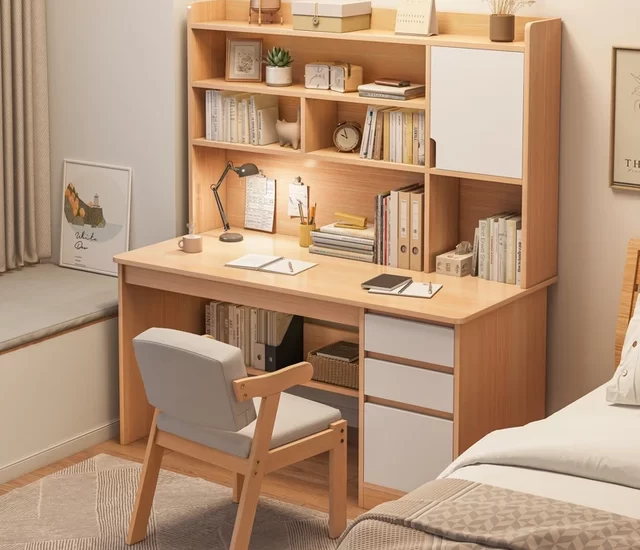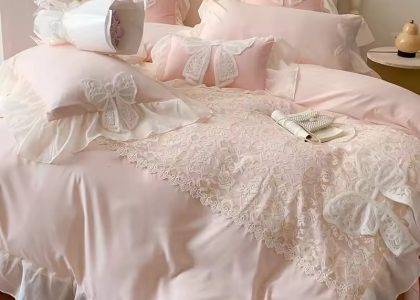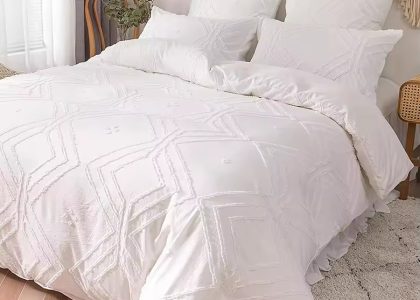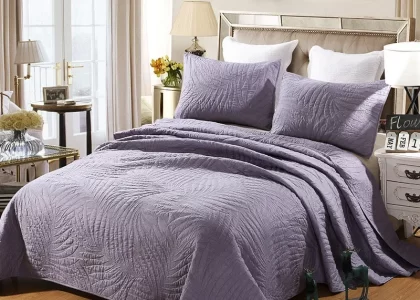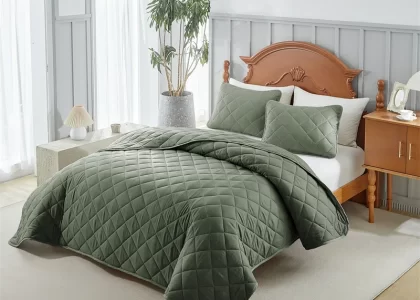 Introduction:
Introduction:
Desk tables(mesas de escritorio) play a vital role in providing functional and organized workspaces for individuals in various fields. From office settings to home offices, classrooms, and study areas, desk tables offer a dedicated surface for tasks, storage, and optimal productivity. In this comprehensive guide, we will explore the types, features, materials, and benefits of tables. By understanding these aspects, individuals can make informed decisions when choosing tables that suit their specific needs and enhance their work environment.
 Types of Desk Tables
Types of Desk Tables
Computer Desks:
Computer desks are designed specifically for desktop computers and provide sufficient space for monitors, keyboards, and other accessories.
These desks often feature built-in cable management systems and storage areas for computer towers and cables.
Writing Desks:
Writing desks offer a simple and minimalistic design, providing a flat surface for writing or using a laptop.
They are often smaller in size and ideal for compact spaces or those that prioritize a clean and uncluttered aesthetic.
Executive Desks:
Executive desks are designed for individuals who require ample workspace and storage options.
They are larger in size, typically equipped with drawers, shelves, and compartments for organization and easy access to materials.
Features and Benefits
Ergonomics:
Ergonomic desk tables offer adjustable heights, ensuring proper posture and comfort during extended periods of work.
They contribute to enhanced productivity, reduced strain, and improved overall well-being.
Storage Solutions:
Many tables are equipped with drawers, shelves, or cabinets, providing ample storage space for documents, files, and stationery.
These storage options contribute to an organized and clutter-free workspace, improving efficiency and reducing distractions.
Versatility:
They are versatile workspaces that can accommodate a range of activities beyond work, such as crafting, studying, or even dining.
Their multi-functional nature makes them adaptable to different environments and purposes.
 Materials Used in Desk Tables
Materials Used in Desk Tables
Wood:
Wood is a popular choice for tables, offering durability, warmth, and a traditional aesthetic.
Options include hardwoods like oak, mahogany, or walnut, providing a timeless and elegant look to any workspace.
Metal:
Metal tables provide a modern and sleek appearance.
They offer durability, easy maintenance, and are often designed with minimalistic accents suitable for contemporary or industrial settings.
Glass:
Glass desk tables create a sleek and elegant aesthetic.
They feature a smooth and easy-to-clean surface, adding a sense of sophistication to the workspace.
Additional Considerations for Desk Tables
Space Efficiency:
Consider the available space when selecting a desk table, ensuring it fits comfortably without overwhelming the area.
Compact or corner desk tables are ideal for optimizing small or irregularly shaped spaces.
Style and Design:
Choose a desk table that reflects individual taste and complements the overall design and decor of the room.
Consider factors such as color, shape, and overall aesthetic to create a visually appealing and harmonious workspace.
Connectivity and Technology:
Modern tables often come equipped with built-in connectivity features, such as USB ports, power outlets, or wireless charging pads.
These features enhance convenience and help keep devices and accessories organized and accessible.
 Differences between a small corner desk, desk tables, and a foldable table
Differences between a small corner desk, desk tables, and a foldable table
The main differences between a small corner desk, desk tables, and a foldable table can be seen in their design, functionality, and purpose:
Design:
Small Corner Desk: A small corner desk is specifically designed to fit into a corner of a room, maximizing space utilization. It often features a triangular or L-shaped design to provide ample workspace without occupying too much floor space.
Desk Tables: They are generally rectangular or square in shape and come in various sizes. They are designed to offer a dedicated work surface with sturdy legs or a frame to support the tabletop. They can have different designs, such as writing desks, computer desks, or executive desks, to cater to specific work needs.
Foldable Table: A foldable table is designed to be collapsible and portable. It typically features a lightweight frame and a folding or retractable mechanism that allows for easy storage and transportation.
Functionality:
Small Corner Desk: A small corner desk provides a dedicated and compact workspace. It is suitable for tasks that require a permanent and organized setup, such as studying, writing, or working on a computer.
Desk Tables: They offer a versatile and functional workspace. They can accommodate a variety of tasks, such as writing, computing, crafting, or office work. They often come with additional features like drawers, shelves, or built-in cable management to enhance organization and productivity.
Foldable Table: Foldable tables prioritize portability and versatility. They are designed for temporary setups and outdoor activities, such as picnics, camping, or additional workspaces when needed. They can be easily folded and stored when not in use.
Size and Space Efficiency:
Small Corner Desk: Small corner desks are specifically designed to fit into corners, making them ideal for rooms with limited space. They provide a compact workspace without sacrificing functionality.
Desk Tables: They come in various sizes, offering flexibility in terms of space utilization. They can be chosen to accommodate different room sizes and available space.
Foldable Table: Foldable tables are designed to be space-efficient and easy to store. They can be folded and stored in a smaller footprint compared to fixed desk tables.
Consider your specific needs, space availability, and functional requirements when choosing between a small corner desk, desk tables, or a foldable table. Small corner desks optimize corner space, desk tables offer versatility and dedicated work surfaces, while foldable tables prioritize portability and temporary setups.
 Conclusion:
Conclusion:
Desk tables provide essential workspaces for productivity, organization, and comfort in various settings. Whether for professional work, studying, or personal projects, desk tables offer dedicated surfaces for tasks while keeping materials and accessories within reach. Consider the type, features, and materials that align with individual preferences, functional needs, and the overall design aesthetic of the workspace. By selecting the right desk table, individuals can optimize their work environment, enhance productivity and organization, and create a cohesive and efficient workspace. Embrace the benefits of desk tables and streamline your work and study areas with these functional and versatile workstations. Let desk tables be a symbol of productivity, inspiration, and organization, providing the optimal space for achieving professional and personal goals.

